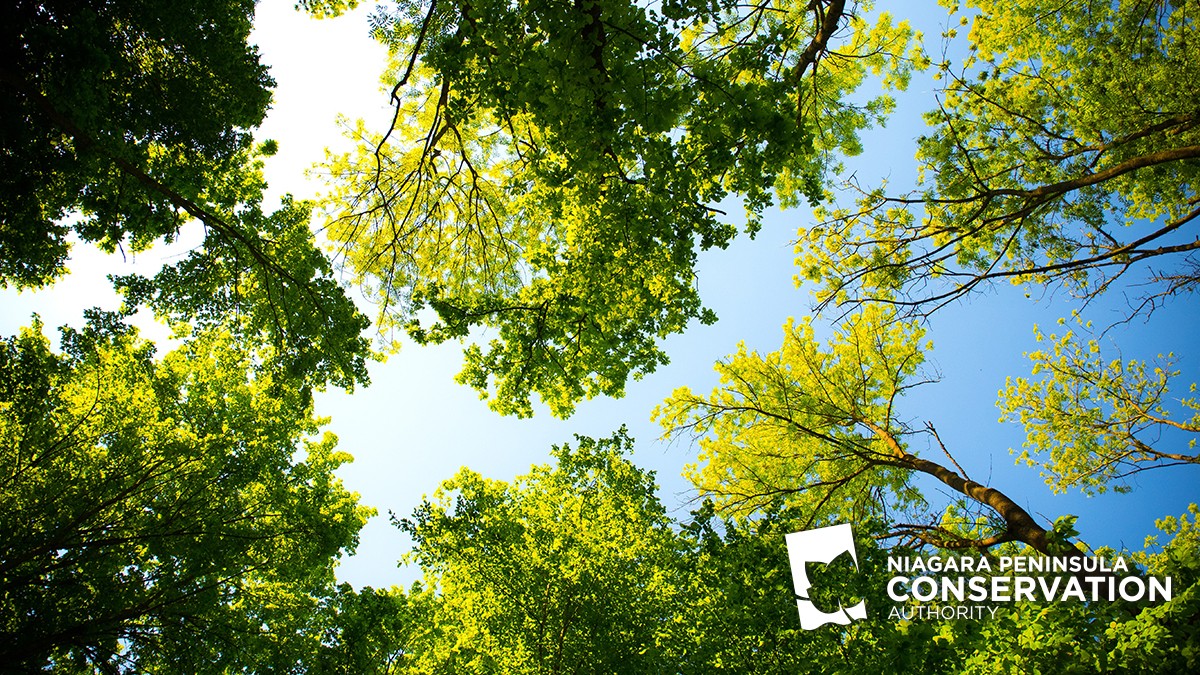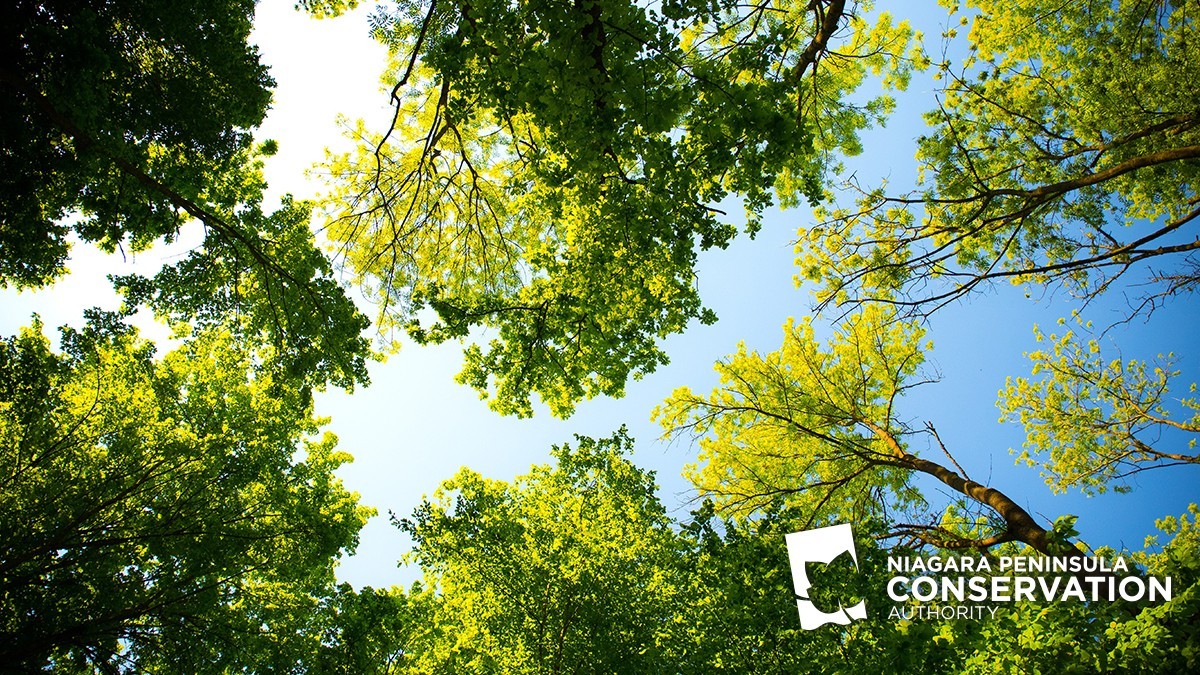Closure of Conservation Areas to be considered if situation does not improve.
Excessive littering, large group gatherings lack of social distancing, and illegal alcohol use are only a few of the issues facing conservation areas managed by the Niagara Peninsula Conservation Authority (NPCA).
The NPCA manages 41 conservation areas, home to unique ecologically significant features, flora, and fauna. These parks closed in mid-March following Ontario’s emergency order and have since then reopened as part of phase two of the province’s reopening framework.
Since their reopening, a mix of isolation fatigue, beautiful sunny weather, and the announcement of less-strict regulations has caused these natural spaces to become major ‘hot spots’ for locals and tourists alike.
“While it is the goal of the conservation authority to offer our communities opportunities to connect with and explore nature, and we would like to offer our parks to as many guest as possible, we are urging NPCA park visitors to enjoy the outdoors responsibly and be respectful when visiting our parks,” says Alicia Powell, NPCA Manager of Conservation Area Services. “In the last few weeks we have had to shut down tailgate parties and beach bonfires, and separate large groups often swimming illegally. These activities simply can’t continue.”
The NPCA reminds guests that everyone has a role to play in keeping each other safe during this critical time. The following guidelines remain in effect;
- Practice physical distance by staying 2 metres (6 feet) apart from other visitors
- Do not gather in large groups of more than 10 people
- Alcohol is prohibited in day-use areas of all NPCA conservation areas
- Cliff jumping is prohibited
- No swimming is permitted, except for designated areas at Binbrook, Chippawa Creek, and Long Beach Conservation Areas
- Keep pets on leash and clean up after them
- Do not litter
- Take trash with you when leaving the property, please refrain from bringing any glass bottles
- Respect wildlife and plant-life
- All visitors must vacate by 8 p.m.
To help protect both staff and visitors, the NPCA is implementing several measures to manage capacity, address overcrowding and promote physical distancing in its parks and facilities. This includes limiting the number of daily visitors at Binbrook, Ball’s Falls, Chippawa Creek, and Long Beach Conservation Areas, and increasing enforcement and patrol at these properties.
When planning your visit to an NPCA Conservation Area, consider the following:
- Plan your visit during off-peak times such as weekdays or early morning
- Visitors will be admitted on a first-come, first-served basis
- Be prepared for delays and wait times at the gate during peak hours (Sat-Sunday, 12-5 p.m.)
- Once the park reaches capacity for the day, be prepared for gate closures
- NPCA staff will provide regular updates regarding wait times and capacity on park voicemails and social media accounts, review these prior to visiting
- Parking is limited and walking, biking and carpooling are highly encouraged
- If a conservation area seems busy, try visiting another park
- Visitors with reservations for Treetop Trekking, BorderPass, and Binbrook Wave Rentals should arrive early to avoid delays. Should capacity be reached, they will still be permitted in the area with proof of reservation
- NaturePlus Pass holders and local area visitors should arrive early to avoid lines and access restrictions
- While garbage receptacles are available and will be emptied as frequently as possible, please take your waste with you and dispose at home
“We have made every effort to keep our conservation areas open because we recognize the value of connecting with nature and its benefits to physical and mental well-being,” adds Chandra Sharma, NPCA CAO and Secretary Treasurer. “We are working hard to strike a balance between ensuring that we are managing our conservation areas in a responsible manner and giving people the opportunity to step into nature, get some exercise, and explore nature with loved ones. We are hoping this message will further educate our guests on the importance of responsible use before we have to begin considering the closure of these beautiful parks.”
The NPCA will continue to monitor and manage visitor behaviour at all its parks and will take the necessary action to protect public health and safety.
For more information about the Niagara Peninsula Conservation Authority, please visit www.npca.ca. Follow updates on NPCA operations during the pandemic at Get Involved NPCA, or Facebook and Twitter.
- Binbrook Conservation Area: 905-692-3228, www.facebook.com/BinbrookCA
- Ball’s Falls Conservation Area: 905-562-5235, www.facebook.com/BallsFallsCA
- Long Beach Conservation Area: 905-899-3462, www.facebook.com/LongBeachON
- Chippawa Creek Conservation Area: 905-386-6387, www.facebook.com/ChippawaCreekON
—30—
About NPCA:
The Niagara Peninsula Conservation Authority (NPCA) is a community-based natural resource management agency that works to protect, enhance, and sustain healthy watersheds. With 60 years of experience, the NPCA offers watershed programs and services that focus on flood and hazard management, source water protection, species protection, ecosystem restoration, community stewardship, and land management.
The NPCA is one of 36 Conservation Authorities in the Province of Ontario and manages 41 Conservation Areas within the Niagara Peninsula watershed held in public trust for recreation, heritage preservation, conservation, and education. These natural and shared greenspaces marry nature, culture and adventure to create limitless opportunities for discovery.
Questions related to the above release should be directed to:
Erika Navarro, Communications Specialist
905.788.3135 ext.262
Mobile: 905-650-4027
enavarro@npca.ca

